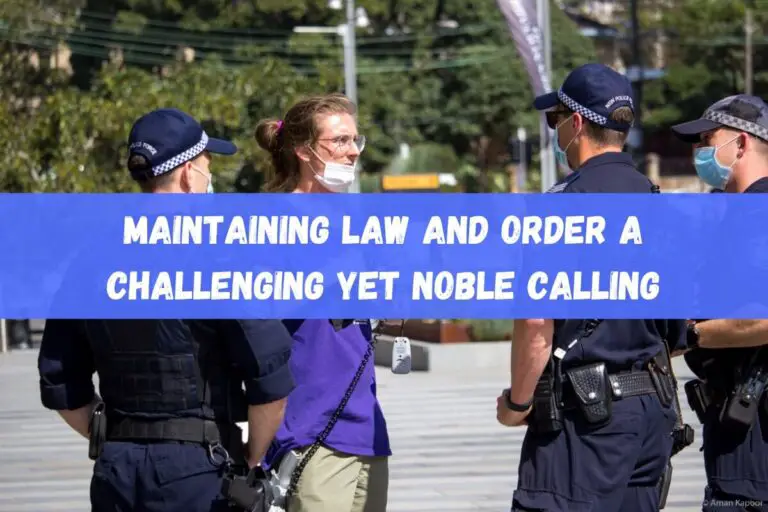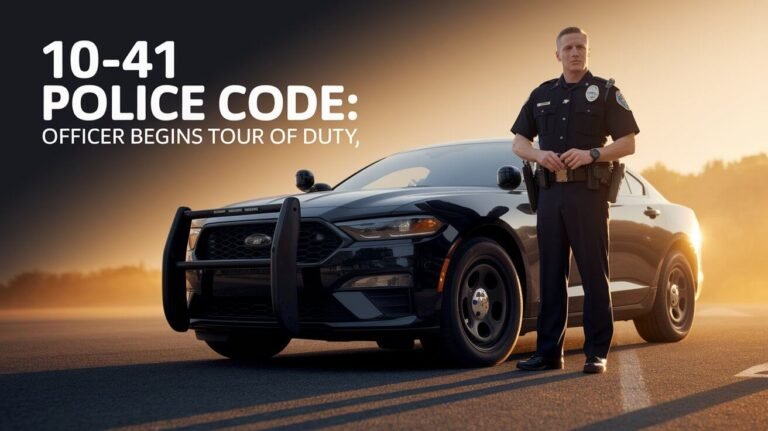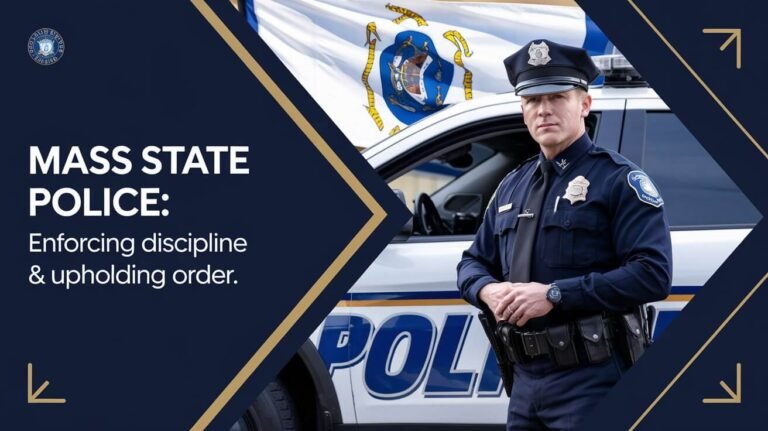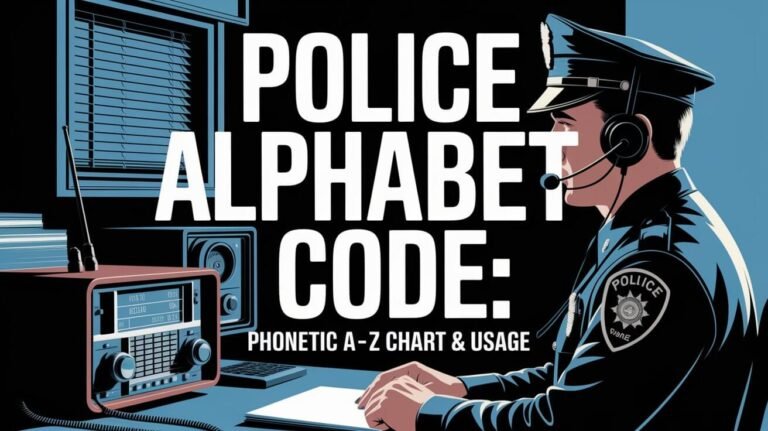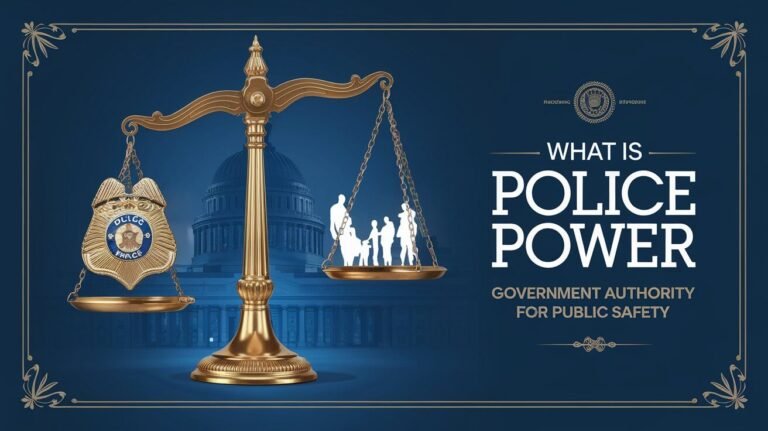What Are Citations From Police? A Comprehensive Guide
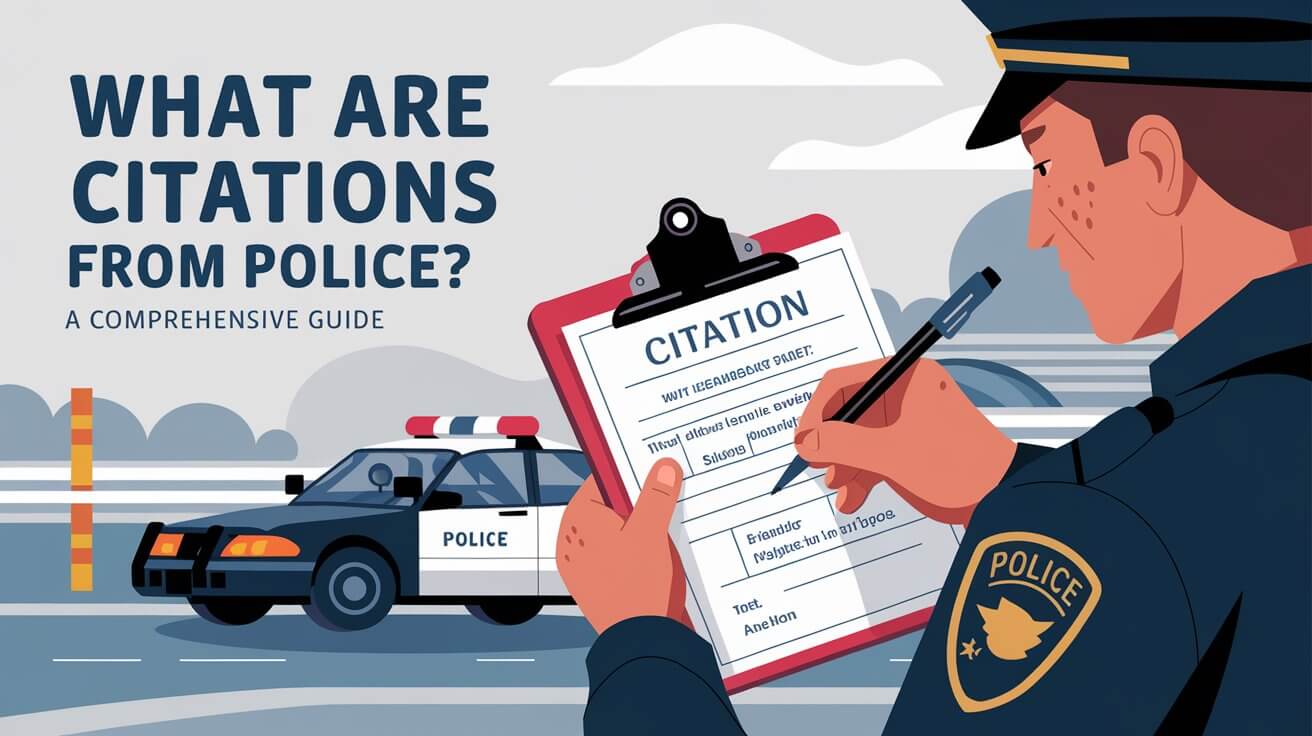
Police citations are official documents issued by law enforcement officers to individuals who have violated laws or regulations. These citations serve as a formal notice of the offense and typically outline the consequences, such as fines or court appearances. In this guide, we’ll explore everything you need to know about police citations, from their purpose to their long-term effects.
Definition and Purpose of Police Citations
Understanding the Basics of Police Citations
Police citations are legal documents that officers use to enforce laws and maintain order. When you receive a citation, it means you’ve been formally accused of breaking a specific law or regulation. Citations are often used for minor offenses, allowing officers to address violations without making an arrest.
The main purposes of police citations include:
- Documenting violations
- Informing individuals of their alleged offense
- Providing instructions for resolving the issue
- Deterring future violations
Citations help keep communities safe by addressing infractions quickly and efficiently. They also serve as a record-keeping tool for law enforcement agencies and courts.
Differences Between Citations and Arrests
While both citations and arrests involve law enforcement, they differ in several key ways:
- Severity: Citations typically address minor offenses, while arrests are for more serious crimes.
- Freedom: When cited, you’re free to go. Arrests involve taking you into custody.
- Process: Citations are quicker and less intrusive than arrests.
- Record: Citations may appear on your driving record, but arrests show up on criminal records.
Understanding these differences helps you grasp the role citations play in the legal system.
Types of Police Citations
Traffic Citations
Traffic citations are the most common type of police citations. They’re issued for violations of traffic laws and regulations. Some examples include:
- Speeding tickets
- Running red lights or stop signs
- Illegal parking
- Driving without a license or insurance
These citations aim to promote road safety and reduce accidents. They often come with fines and can affect your driving record.
Non-Traffic Citations
Non-traffic citations cover a wide range of minor offenses that don’t involve vehicles. These might include:
- Littering
- Noise violations
- Public intoxication
- Trespassing
Non-traffic citations help maintain order and quality of life in communities. They often result in fines or community service requirements.
Criminal Citations
Criminal citations are more serious than traffic or non-traffic citations. They’re used for minor criminal offenses that don’t require immediate arrest. Examples include:
- Petty theft
- Simple assault
- Possession of small amounts of drugs
These citations usually require a court appearance and may lead to more severe penalties than other types of citations.
Components of a Police Citation
Essential Information Included in Citations
Police citations contain crucial details about the alleged offense and how to respond. Key components typically include:
- Your personal information (name, address, driver’s license number)
- Date, time, and location of the offense
- Specific law or regulation violated
- Officer’s name and badge number
- Instructions for paying fines or appearing in court
- Deadline for responding to the citation
Understanding these components helps you handle the citation correctly and avoid additional penalties.
Legal Language and Terminology Used
Citations often use legal terms that might be unfamiliar. Some common terms you might encounter include:
- Infraction: A minor violation of law
- Misdemeanor: A more serious offense, but less severe than a felony
- Summons: An order to appear in court
- Docket number: A unique identifier for your case
Familiarizing yourself with these terms can help you better understand your citation and its implications.
The Process of Receiving a Police Citation
What to Expect When Being Cited
When an officer issues a citation, the process usually follows these steps:
- The officer explains why you’re being cited
- They ask for your identification
- The officer fills out the citation form
- You’re asked to sign the citation (this isn’t an admission of guilt)
- The officer provides you with a copy of the citation
Remember, staying calm and cooperative during this process is crucial. It can help prevent the situation from escalating.
Your Rights During a Citation Encounter
Even when receiving a citation, you have important rights:
- The right to remain silent
- The right to refuse a search of your person or property
- The right to ask if you’re free to leave
- The right to film the encounter (in most states)
Knowing your rights helps ensure fair treatment during the citation process. However, it’s usually best to be polite and cooperative with the officer.
Common Reasons for Police Citations
Traffic Violations Leading to Citations
Many citations stem from traffic violations. Common reasons include:
- Exceeding the speed limit
- Failing to stop at red lights or stop signs
- Improper lane changes
- Distracted driving (e.g., using a phone while driving)
- Driving under the influence (DUI)
These citations aim to promote safe driving habits and reduce accidents on the road.
Non-Traffic Offenses Resulting in Citations
Non-traffic citations cover a wide range of behaviors. Some frequent causes are:
- Disorderly conduct
- Vandalism
- Minor shoplifting
- Underage drinking
- Violating noise ordinances
These citations help maintain public order and address quality-of-life issues in communities.
Consequences of Police Citations
Immediate Effects of Receiving a Citation
When you get a citation, you might face several immediate consequences:
- Fines: Many citations require you to pay a monetary penalty.
- Court appearance: Some citations mandate that you appear before a judge.
- Temporary license suspension: In some traffic cases, your license might be suspended on the spot.
- Emotional stress: Receiving a citation can be a stressful experience for many people.
Understanding these effects helps you prepare for what comes next after receiving a citation.
Long-Term Impacts on Driving Record and Insurance
Citations can have lasting effects, especially for traffic violations:
- Points on your driving record: Many states use a point system for traffic violations.
- Increased insurance premiums: Citations often lead to higher car insurance rates.
- Job implications: Some employers check driving records, especially for jobs involving driving.
- Repeat offender consequences: Multiple citations can lead to license suspension or revocation.
Being aware of these long-term impacts underscores the importance of safe, law-abiding behavior.
Responding to a Police Citation
Options for Handling a Citation
When you receive a citation, you typically have several options:
- Pay the fine: This usually means admitting guilt and accepting the penalties.
- Contest the citation: You can challenge the citation in court if you believe it’s unjustified.
- Attend traffic school: Some jurisdictions allow you to take a course to dismiss the citation.
- Seek legal advice: For more serious citations, consulting a lawyer might be wise.
Choose the option that best fits your situation and the specifics of your citation.
Paying Fines vs. Contesting the Citation
Deciding whether to pay or contest a citation depends on several factors:
- Strength of your case: Do you have evidence to support your innocence?
- Severity of penalties: Are the consequences significant enough to warrant a challenge?
- Time and effort: Contesting a citation requires attending court, which takes time.
- Cost: Hiring a lawyer to contest the citation might cost more than the fine itself.
Weigh these factors carefully when deciding how to respond to your citation.
The Role of Citations in Law Enforcement
How Citations Help Maintain Public Safety
Citations play a crucial role in keeping communities safe:
- Deterrence: The threat of citations discourages illegal behavior.
- Education: Citations inform people about laws and regulations they might not know.
- Efficiency: Officers can address minor offenses quickly without making arrests.
- Data collection: Citation records help identify problem areas and trends.
By promoting compliance with laws, citations contribute to overall public safety.
Citations as an Alternative to Arrest
Police often use citations instead of arrests for several reasons:
- Less severe consequences for minor offenses
- Reduced burden on the jail system
- Lower costs for law enforcement agencies
- Less disruption to the cited individual’s life
This approach allows officers to enforce laws while minimizing the impact on both the individual and the criminal justice system.
Citation Statistics and Trends
Frequency of Citations Issued
The number of citations issued varies widely by location and over time. Some interesting trends include:
- Traffic citations have generally decreased in recent years due to better car safety features and increased use of warning systems.
- Non-traffic citations for things like noise violations and public intoxication tend to fluctuate based on local policies and enforcement priorities.
- The COVID-19 pandemic led to a temporary decrease in many types of citations due to reduced public activity.
These trends reflect changing societal norms, technology, and law enforcement practices.
Demographic Data on Citation Recipients
Studies have shown some disparities in who receives citations:
- Young drivers tend to receive more traffic citations than older drivers.
- Men generally receive more citations than women across various offense types.
- Some research suggests racial disparities in citation rates, though this is a complex and contentious issue.
Understanding these patterns can help address potential biases and ensure fair enforcement of laws.
Technology and Police Citations
Electronic Citation Systems
Many police departments now use electronic citation systems, which offer several advantages:
- Faster citation issuance
- Reduced errors in citation information
- Easier data management and analysis
- Quicker processing of fines and court appearances
These systems streamline the citation process for both officers and recipients.
Body Cameras and Citation Issuance
The use of body cameras has impacted the citation process:
- Increased accountability for both officers and citizens
- Video evidence for contested citations
- Potential reduction in confrontations during stops
Body camera footage can provide valuable context when reviewing or challenging citations.
Challenging a Police Citation
Steps to Contest a Citation
If you decide to challenge a citation, follow these general steps:
- Notify the court of your intent to contest the citation
- Gather evidence to support your case (photos, witness statements, etc.)
- Prepare your argument or defense
- Attend your court hearing
- Present your case to the judge
- Accept the judge’s decision or consider an appeal if allowed
Remember, the process may vary depending on your location and the type of citation.
When to Seek Legal Representation
Consider hiring a lawyer for your citation case if:
- The potential penalties are severe (e.g., license suspension, heavy fines)
- You’re facing multiple citations or have a history of violations
- The case involves complex legal issues
- You’re not comfortable representing yourself in court
A lawyer can provide valuable guidance and potentially improve your chances of a favorable outcome.
Citation Forgiveness and Deferral Programs
Options for First-Time Offenders
Many jurisdictions offer programs to help first-time offenders avoid harsh penalties:
- Diversion programs: Complete community service or education courses instead of paying fines
- Deferred disposition: The citation is dismissed if you maintain a clean record for a set period
- Probation before judgment: Similar to deferred disposition, but may require additional conditions
These programs aim to educate offenders and prevent future violations without leaving a permanent mark on their record.
Traffic School and Citation Dismissal
Traffic school is a common option for handling traffic citations:
- Typically involves completing a defensive driving course
- May result in dismissal of the citation or reduction of points on your license
- Can sometimes lead to insurance discounts
- Offers valuable safety education to prevent future violations
Check with your local court to see if traffic school is an option for your citation.
The Impact of Citations on Different Groups
Citations and Socioeconomic Factors
Citations can affect people differently based on their economic situation:
- Fines may be more burdensome for low-income individuals
- Some jurisdictions offer income-based fine adjustments
- Inability to pay fines can lead to additional penalties or legal issues
- Job loss or reduced employment opportunities due to citations can create a cycle of economic hardship
These factors have led to discussions about reforming citation and fine systems to ensure fairness.
Racial Disparities in Citation Issuance
Research has highlighted potential racial disparities in citation practices:
- Some studies show higher rates of traffic stops and citations for minority drivers
- Concerns about “pretextual stops” where minor violations are used to investigate other suspected crimes
- Efforts to address these issues include data collection, officer training, and policy changes
Addressing these disparities is crucial for ensuring equitable law enforcement practices.
Police Citations Across Different Jurisdictions
State vs. Local Citation Policies
Citation policies can vary significantly between states and even local jurisdictions:
- Some states have standardized citation forms, while others allow local variations
- Fine amounts for similar offenses may differ greatly between locations
- Certain behaviors might result in a citation in one place but an arrest in another
- Some jurisdictions focus more on certain types of citations based on local priorities
These differences highlight the importance of understanding local laws when traveling or moving to a new area.
Variations in Citation Practices Across the U.S.
Citation practices can differ widely across the country:
- Urban areas might focus more on parking and traffic citations
- Rural areas may emphasize different types of violations, like hunting or environmental regulations
- Some regions use citations more frequently as an alternative to arrest
- Certain states have unique citation categories, like citations for not wearing a seatbelt or using a cell phone while driving
These variations reflect different local needs, resources, and law enforcement philosophies.
Future of Police Citations
Proposed Reforms in Citation Practices
Several reforms have been proposed to improve the citation system:
- Implementing sliding-scale fines based on income
- Increasing the use of warnings instead of citations for minor first-time offenses
- Expanding alternatives to monetary penalties, like community service options
- Improving data collection and analysis to identify and address potential biases
These proposals aim to make the citation system fairer and more effective at promoting public safety.
Emerging Trends in Citation Issuance and Management
New trends are shaping how citations are issued and managed:
- Increased use of e-citations and mobile technology for faster, more accurate citation issuance
- Integration of artificial intelligence to analyze citation data and identify patterns
- Growing emphasis on de-escalation training for officers during citation encounters
- Exploration of alternative dispute resolution methods for citation challenges
These trends reflect ongoing efforts to balance law enforcement needs with community concerns and technological advancements.
Conclusion: Understanding the Role of Police Citations in Society
Police citations play a vital role in maintaining order and safety in our communities. They serve as a tool for law enforcement to address minor infractions without resorting to more severe measures like arrests. Understanding what citations are, how they work, and their potential consequences can help you navigate the legal system more effectively if you ever receive one.
As society evolves, so too does the approach to issuing and managing citations. From technological advancements to policy reforms, the future of police citations is likely to see continued changes aimed at improving fairness, efficiency, and effectiveness.
Remember, if you receive a citation, stay calm, read it carefully, and consider your options for responding. Whether you choose to pay the fine, contest the citation, or seek legal advice, make sure you understand the potential consequences of your decision. By being informed and proactive, you can better handle the situation and minimize its impact on your life.

